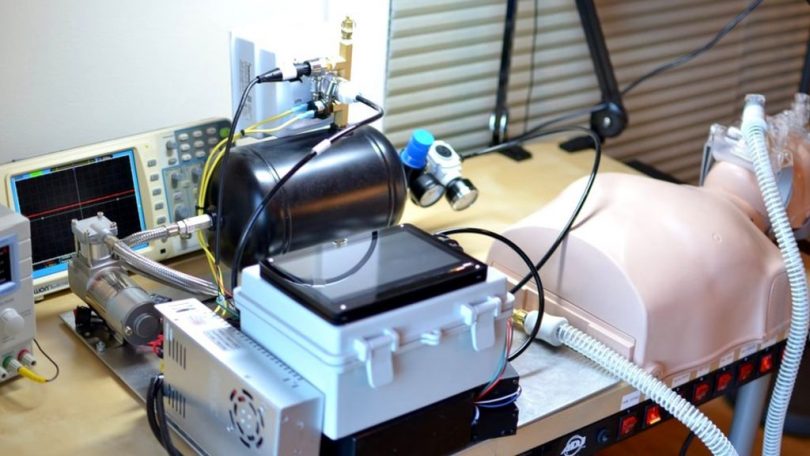
Raspberry Pi sales jump: Here’s why the tiny computer’s in demand in coronavirus crisis
Lockdown means more home and education use, plus the Pi finds a place in the battle to save coronavirus patients.
Raspberry Pi sales hit 640,000 units in March, the Raspberry Pi Foundation’s second-largest month since launching in 2012.
Raspberry Pi Foundation head Eben Upton reckons the bump in sales is because a lot more people are using the Raspberry Pi 4 “for inexpensive home working and learning” during the COVID-19 coronavirus lockdown.
To back that up, Upton revealed that the number of unique IP addresses accessing the Raspbian Raspberry Pi OS’s mirror system passed 90,000 on several days in March, up from a peak of around 58,000 in March 2019. He described the figures as “a proxy for new installations”.
Upton also said the foundation has taken more queries from people interested in using the Raspberry Pi to control ventilators for coronavirus patients.
Medical researchers in Colombia are set to test an open-source ventilator design made with a Raspberry Pi and off-the-shelf components like valves found in car and plumbing supply stores.
The Colombian team are using a ventilator design from California-based robotics engineer Marco Mascorro, who shared the specs, code and components on code-sharing site GitHub earlier this month.
Mascorro has posted a video demonstrating the prototype ventilator working on model human lungs on YouTube. The prototype includes a touch display for controlling and adjusting airflow, breathing rate and oxygen mixer.
The entire ventilator is controlled by a Raspberry Pi and an Arduino microcontroller and runs on a 12V battery that allows the unit to operate for about one hour.
The BBC reports that Mascorro’s Pi-based ventilator design will be tested at the University Hospital of the Pontifical Xavierian University and Los Andes University in Colombia’s capital Bogota. The team is testing it under an accelerated schedule because, as in many countries, traditional ventilators are in short supply in Colombia.
The first tests will see the unit running for five days continuously on a set of artificial lungs. If it passes, it will then move on to animal trials. The researchers hope to start using mass-produced models on hospital patients by the middle of this year.
SEE: How to build a successful developer career (free PDF)
Engineers at Tesla last week showed of their effort to produce a ventilator from Tesla components, including the dashboard display, pumps, and computer.
Apple supplier Foxconn is also reportedly teaming up with Medtronic to make ventilators at its Wisconsin plant. Meanwhile, Ford is exploring the use of the seat-cooling fan from an F-150 pickup for a 3M-designed Powered Air Purifying Respirator.
Raspberry Pi founder and CEO Upton told Tom’s Hardware the low-power Raspberry Pi Zero is being eyed by medical companies because it is small and offers enough computing power for the modest requirements of a ventilator.
Exactly how many Raspberry Pi units end up being used in ventilators remains to be seen, but Upton says the Raspberry Pi foundation is ramping up quarterly production from 192,000 Zero units in the first quarter to 250,000 next quarter.
Upton also boasted that overall Raspberry Pi sales reached 1.75 million in the quarter, saying there has been increased demand by consumers using them for home schooling and organizations using them from remote working.
article plucked from:
https://www.zdnet.com/article/raspberry-pi-sales-jump-heres-why-the-tiny-computers-in-demand-in-coronavirus-crisis/